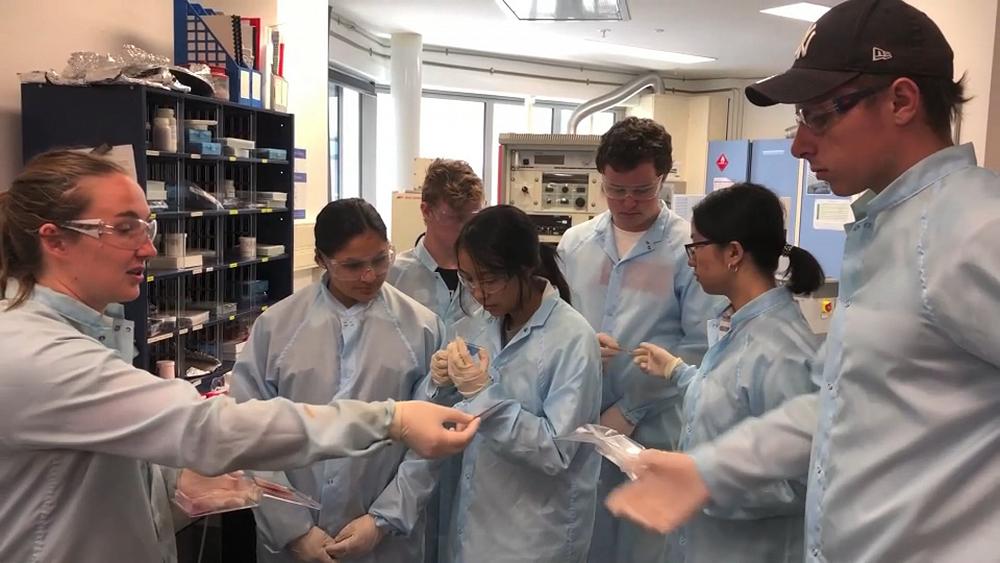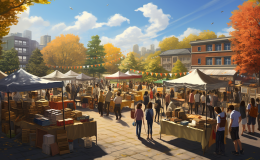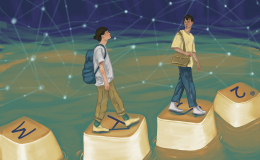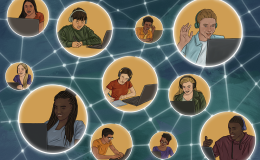Local research, BIG science! will engage local communities, schools and families throughout New Zealand to undertake collaborative research projects in physics, chemistry and environmental sciences with local and global impact
Express an interest in participating here
Our plan Local Research, BIG SCIENCE! will reach rural and isolated communities and engage young New Zealanders between 10 and 14 years old in conducting participative experiments in Physics, Chemistry, Geology, Environmental Sciences and Biology.
The project will stress the importance of the scientific approach for understanding the physical world and for problem-solving, while reflecting on the importance of collaborative research to strengthen the quality and range the scientific results and as an opportunity for connecting with people with different realities and backgrounds.
We will produce a series of simple experiments to measure large-scale variables and phenomena that become particularly evident when studied in rural and remote locations or across large distances. The students will be encouraged to contribute with experiments conducted in their privileged location to find answers to large- scale physical, environmental and biological questions, such as demonstrating the curvature and rotation of the Earth, determining its circumference and radius, the tilt of its axis in the ecliptic, producing air, water and sound pollution maps across New Zealand, or studying and mapping animal and plant species and cycles across the country.
We will encourage students to construct their own lab equipment to conduct the experiments and we will provide Do It Yourself instructions for producing various scientific instruments using easily available materials. We will also offer kits including the materials and instructions for doing specific experiments and projects.
A strong online platform will be the backbone of our programme, enabling people from remote locations to access communal research projects and exalting the unique characteristics of their local area for doing science. This will increase the appreciation for the local communities, acknowledging the scientific advantages of rural and isolated locations for doing scientific experiments that are difficult to conduct in urban areas. The online platform will allow creating a network of collaborative research that will empower young students and open new channels for science communication.
The collaborative nature of the program and the online platform we will develop will allow students from rural schools to get in touch with peers all over the country to share and compare results and produce distribution maps and large scale results of great significance. The online platform will also serve as a surveying tool which will allow assessing the level of engagement throughout the country and thus allowing to target our outreach efforts to the most required areas.
Why do we want to do this? Recent studies on the access to educational resources of 15 year-old new Zealanders throughout the country showed that having a computer at home is more common (92%) than counting with books (86%), a quiet place to study (88%) or even a desk to study at (86%).1 This trend holds across all ethnic groupings and further supports the use of an online platform as the most effective way of reaching the target group.
1 Scientific Literacy: How ready are our 15-year-olds for tomorrow’s world?, M. Telford, (2010)
In addition to youth’s natural inclination and fluidity in social media and online resources, an online platform as a means of engaging young students in science exploits the persistence in time of the resources (unlike workshops or talks) and allows students to explore and satisfy their interests in their own time and pace. The collaborative nature of the project will strengthen the links between rural schools and students in remote locations and will shorten the distances and reduce the isolation by creating a network to facilitate sharing learning experiences, problem-solving approaches and promoting science and technology to formulate and answer interesting questions about the physical world, but also to fuel the economic, social and personal development
Finally, the big scale experiments proposed will naturally highlight the privileged conditions of remote areas for doing science and contribute to increase the appreciation of local communities towards science and the feeling of pride and belonging of the students towards their area.
How are we going to do this? The outline of the projects, the guidelines for constructing instruments and the instructions for conducting the experiments will be produced by highly achieving scientists from the University of Canterbury and the MacDiarmid Institute for Advanced Materials and Nanotechnology, experts in the corresponding fields. This will ensure the accuracy of the scientific resources available on the online platform.
Instructional resources, including documentation, videos and animations will be available online describing how to collect and record data effectively and systematically. Each project will have a scientist responsible for overlooking the data uploaded by the participants, defining the appropriate approach for the online data analysis and producing the global reports and statistics that cannot be automated.
Whenever direct contact with the participants of a project occur, either in person (through workshops, talks and visits) or online (via forum, emails and videoconferences), the scientist responsible for the project will be available, and will have the support of a knowledgeable team of collaborators, including fellow researchers and postgraduate students, to assist with the tasks as necessary.
Why us? The University of Canterbury has an important trajectory of promoting science and technology and has successfully developed numerous outreach programmes, with a high participation of young students and a strong presence in social media. Being one of the largest university in New Zealand, the University of Canterbury has links to numerous schools and education bodies, which will facilitate the engagement of local communities throughout the country.
The MacDiarmid Institute has a long history of supporting sustained community engagement activities by our investigators, from the Discovery Camp programme for Māori and Pasifika high school, to the physics teachers’ workshops. Our outreach efforts are continually enhanced by our partners: NZEI Te Riu Roa (Kōrero with scientists), the House of Science (Nano-Chem box sponsorship), Lab in a Box (a mobile science laboratory, built in a 20 foot shipping container), and The Spinoff online magazine.
These activities represent a cultural change that sees our researchers acknowledging the importance of community engagement for their own research. More important than any of our individual initiatives in isolation, therefore, is that we know that community engagement is a value that all our alumni will take forward with them out of their time with the MacDiarmid Institute.
By Darren Sudlow
